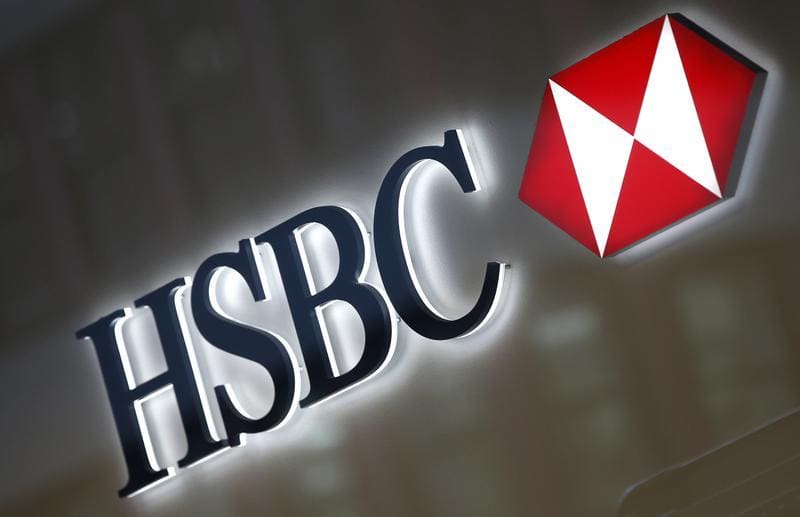HSBC is rolling out new voice recognition and touch security technology in the UK as part of an effort to introduce biometric banking.
The banking giant says that the voice and touch identification will be offered to over 15 million UK customers. They will no longer be prompted to provide a password to access their accounts, instead voice recognition software verify the identity of the customer by cross-checking against over 100 unique identifiers, such as speed, cadence and pronunciation.
HSBC isn’t the first bank in Britain to start using voice recognition software though; Barclays already uses it to verify the identity of certain customers.

Francesca McDonagh, HSBC UK’s head of retail banking and wealth management, said that the move is “the largest planned rollout of voice biometric security technology in the UK”.
She added: “The launch of voice and touch ID makes it even quicker and easier for customers to access their bank account, using the most secure form of password technology – the body.”
Most consumers believe passwords are outdated
According to research findings by YouGov, over a third of consumers believe that traditional passwords have become an outdated security measure. Approximately 38% of people said that they use the same password for the majority of their online accounts, while 55% admitted that they rarely update their passwords.
However, around three quarters of consumers say that they are confident their body is ‘unique enough’ to be used as a password and it will become the default password of the future.
Commenting on the roll-out, Angela Sasse, Director of the UK Research Institute in Science of Cyber Security, said:
“Research tells us that people in Britain are tired of traditional passwords and ready for a change. Today’s announcement signals a shift in the right direction; as essential services such as banking become accessible via less effortful and secure authentication technologies, consumers will expect that other day-to-day services make security easier for them, and biometric solutions such as this one will play a leading role in that.”
